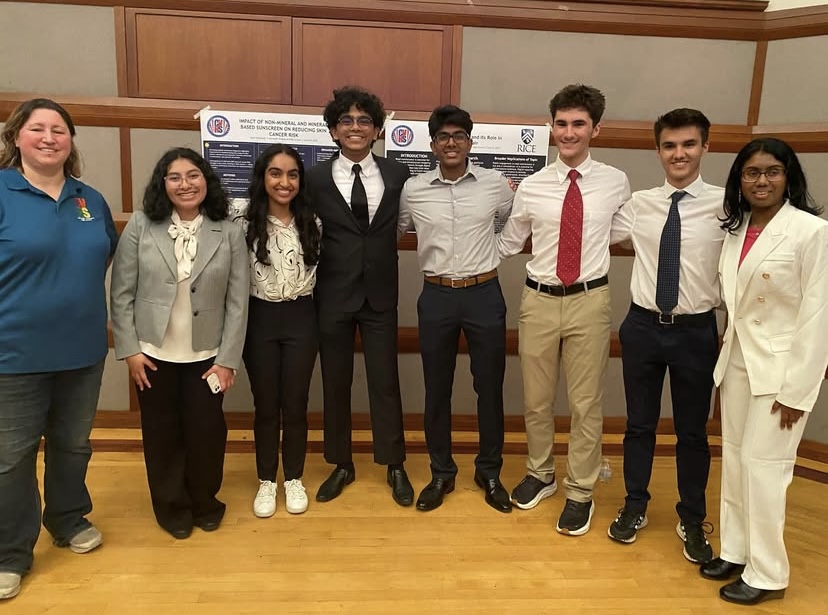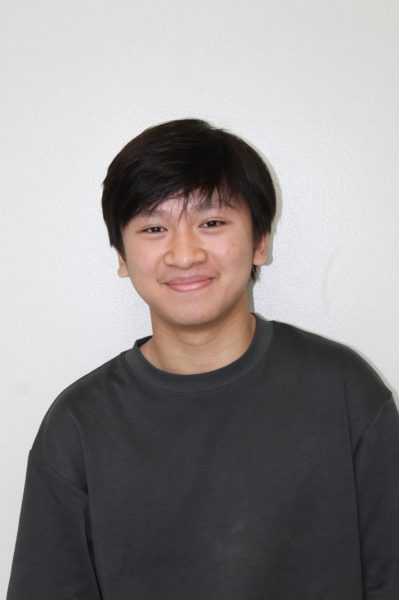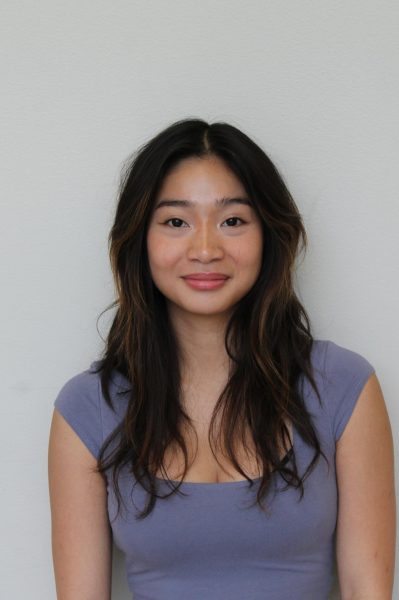The effects of the teacher turnover within HISD have posed challenges for CVHS teachers and administrators, who prioritize meeting student demand for particular AP courses, including AP Psychology and AP Environmental Sciences.
In June the Houston Chronicle reported that HISD had a higher rate of teachers leaving the district than did the state, with roughly 11,000 teachers cutting ties with HISD in the 2023-2024 school year. With seven out of its thirty-eight teachers having left, Carnegie, like many HISD schools, has been forced to reckon with the impacts of the recent teacher exodus. CVHS’s strong desire to maintain certain AP course offerings has forced departments to adapt, with some teachers taking on new teaching assignments this year.
“We had a lot of kids who signed up for AP Psychology, and since that’s an AP course, we don’t like dropping those,” said Assistant Principal Juan Garner when asked why long-time AP Human Geography and Macroeconomics teacher Charlotte Haney switched from teaching AP Macroeconomics to AP Psychology
When commenting on how Carnegie has accommodated the teacher turnover, Garner added, “We know we need so many sections of this particular course or so many of this particular course, so we give that to the departments, and they determine who’s going to teach what.”
Because former AP Psychology teacher Kris Casperson left, Haney, the only teacher with a background in psychology, stepped in. Haney drew on her expertise in medical and psychological anthropology to teach the AP Psychology curriculum. Additionally, she dropped AP Macroeconomics, which is now taught exclusively by Quang Tran. As a result, Tran is no longer teaching the single semester electives of World Religions and Mythology, which are now taught by Kristen Davis-Owen.
“This school works really hard to try to make sure that student demand is met. So if there’s a course that’s really popular, like AP Psychology, then we want to make sure that we continue to staff it. And when Ms. Casperson left, somebody needed to teach AP Psychology,” said Haney.

Last year, teacher Maisha Turner taught a combination of AP Physics and Pre-AP Biology. However, following the departure of former CVHS teacher Jamie Ford, Turner took on AP Environmental Science, with new teachers Shemika Blythe and Paul Mata stepping in to teach Pre-AP Biology. As Turner explains, her background in environmental engineering facilitated the transition to her new role.
“It’s a good thing I was here and could pivot into teaching APES, because there aren’t a lot of teachers with the background or interest to teach it. The administration was relieved because it’s much easier to find biology teachers than APES teachers,” said Turner.
Moreover, the task for Turner and Haney to take on new subjects has also left them facing challenges with planning lessons and adapting their previous teaching methods to current curriculum.
“Because this is my first year in AP Psychology, I really prefer and believe in project-based learning. I think that it’s a much better way for students to learn. But unfortunately, there is no support for it, like nobody else is doing project-based learning in psychology,” said Haney.
In addition to the pressure of switching to APES this year, there is an added concern for Turner being the only teacher able to teach the course.
“Everything kind of rides on my shoulders, and I have to make all of the decisions for the entire course, so it’s really hard to get everything done and make all those decisions and try to select the proper materials,” said Turner.
Although the transition for those teachers who are teaching new subjects has been challenging, district and campus administration have continued to support those teachers, whether they are new to teaching or just new to a specific course.
“Particularly in the AP classes, there is a network of teachers that we work with from other campuses. So when we have those professional development days, often we’re meeting with those other teachers in those subjects,” said Turner.

Carnegie’s success in providing the same AP classes this year as last year bodes well for future staffing challenges that may arise from teacher turnover.
“We have very little turnover, so what happened last year was an anomaly, but [our rate of teacher turnover was] still not to the level [of] other schools,” said Garner.









